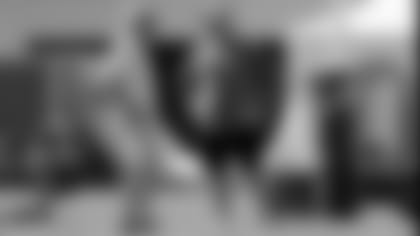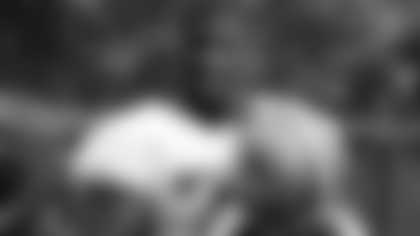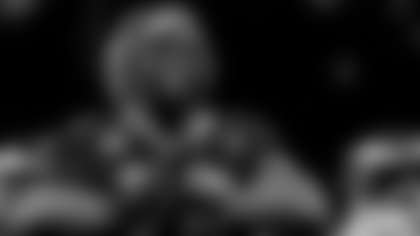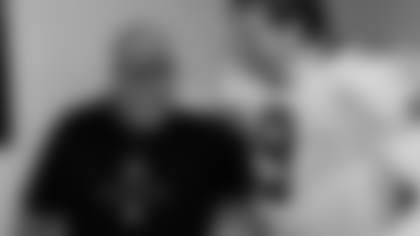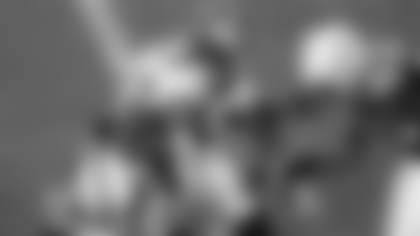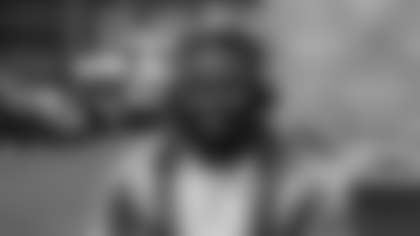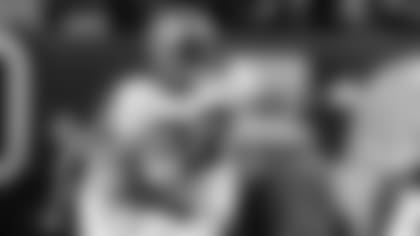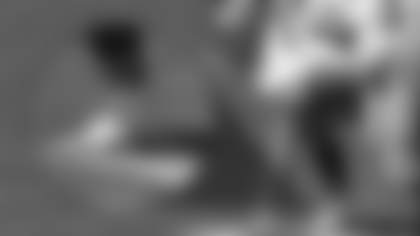The coat and tie is the giveaway for Jim Mora.
There's a photo hanging in his home office, with him wearing a coat and tie, along with Jim Finks and Tom Benson, the three of them happy and shaking hands.
Mora can't precisely remember the events of the day that he was hired as head coach of the New Orleans Saints, then owned by Benson and with Finks as president and general manager, but he figures he has that photo for a reason.
"I was probably excited," Mora said. "It's hanging in my office, so I see it all the time. That might've been that day. It's been a long time."
It was.
Thirty-five years ago today – Jan. 28, 1986 – is when Mora was hired to help transform the Saints into a winning franchise, and that's exactly what he did. After leading the USFL's Philadelphia/Baltimore Stars from 1983-85 (three title game appearances, two championships) Finks brought Mora to New Orleans to begin the 1986 season.
The franchise that never had had a winning season went 7-9 in Mora's first season, then 12-3 in his second year. He coached New Orleans from 1986-96 and went 93-74 in the regular season. Mora's Saints went 0-4 in the playoffs, but he led the franchise to its first playoff appearances, four 10-win seasons and its first division title (NFC West, in 1991).
Thirty-five years ago on Jan. 28, 1986 is when Jim Mora was hired to help transform the Saints into a winning franchise.
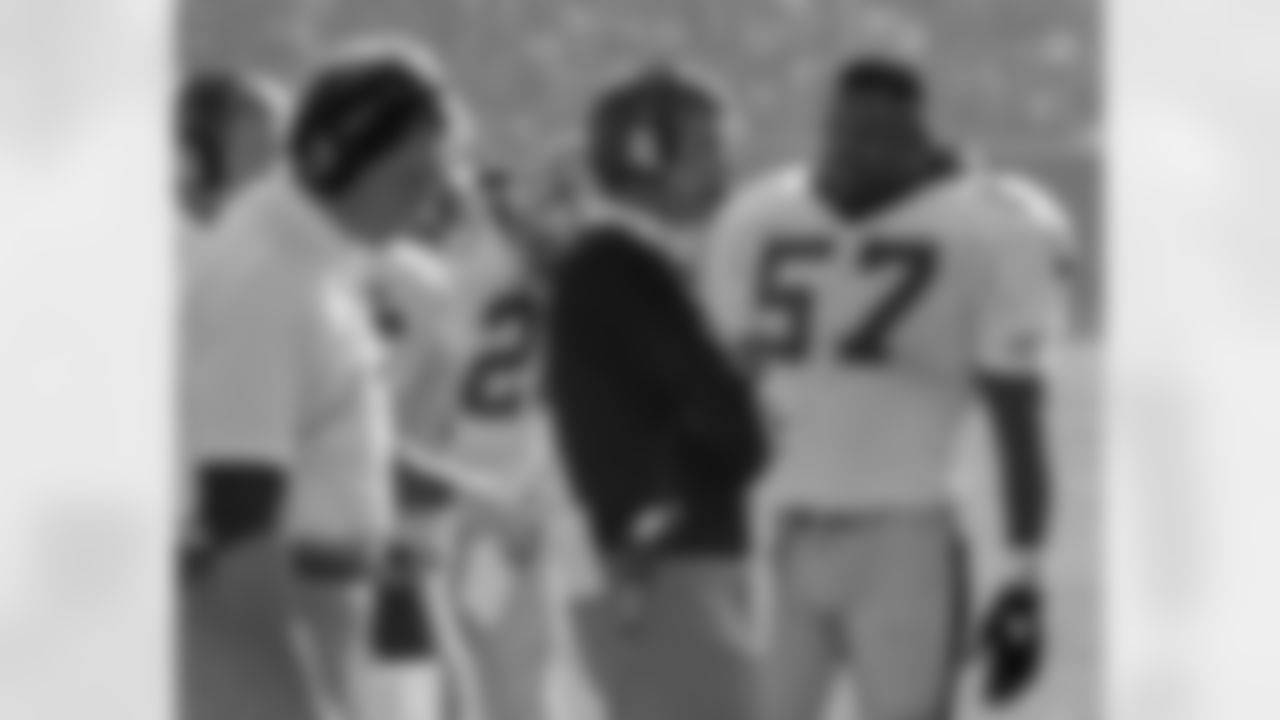
San Francisco 49ers vs New Orleans Saints at Candlestick Park Sunday, December 11, 1988. 49ers beat Saints 30-17. Saints Head Coach Jim Mora talks to linebacker Rickey Jackson (57). (AP Photo/Al Golub)
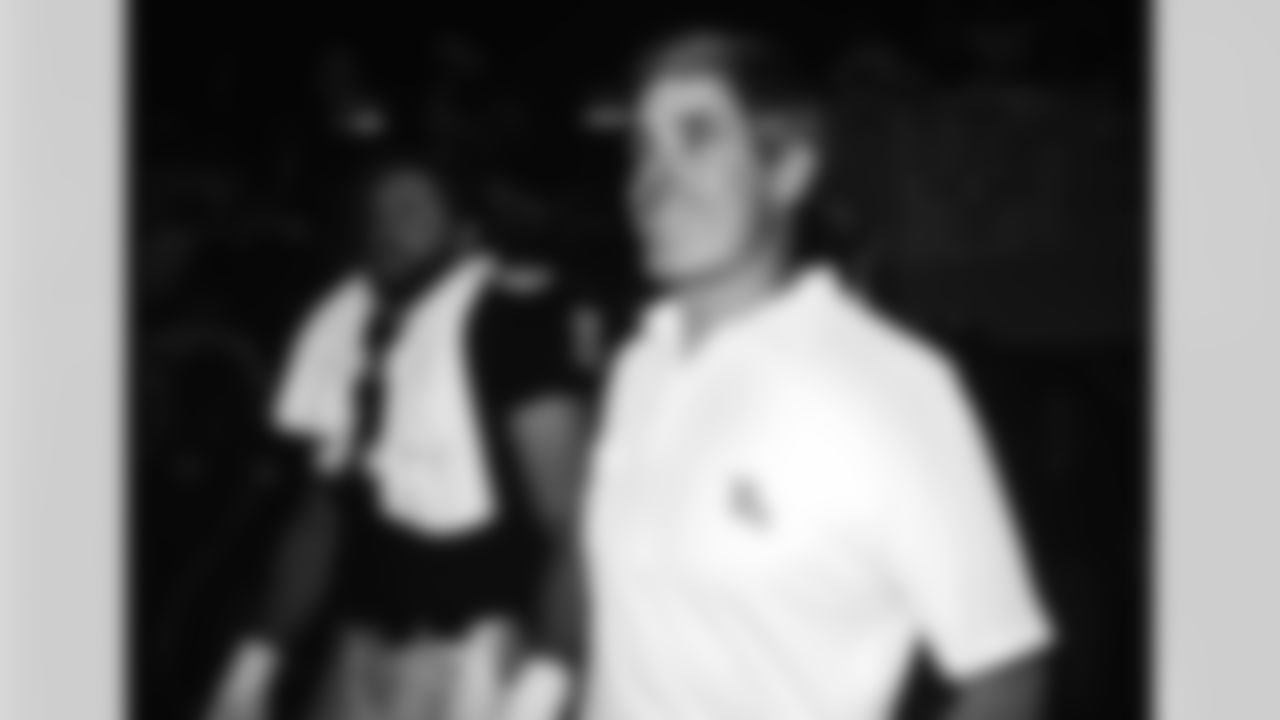
Coach Jim Mora of the New Orleans Saints itakes the field n New Orleans in 1987. (AP Photo / Al Messerschmidt)
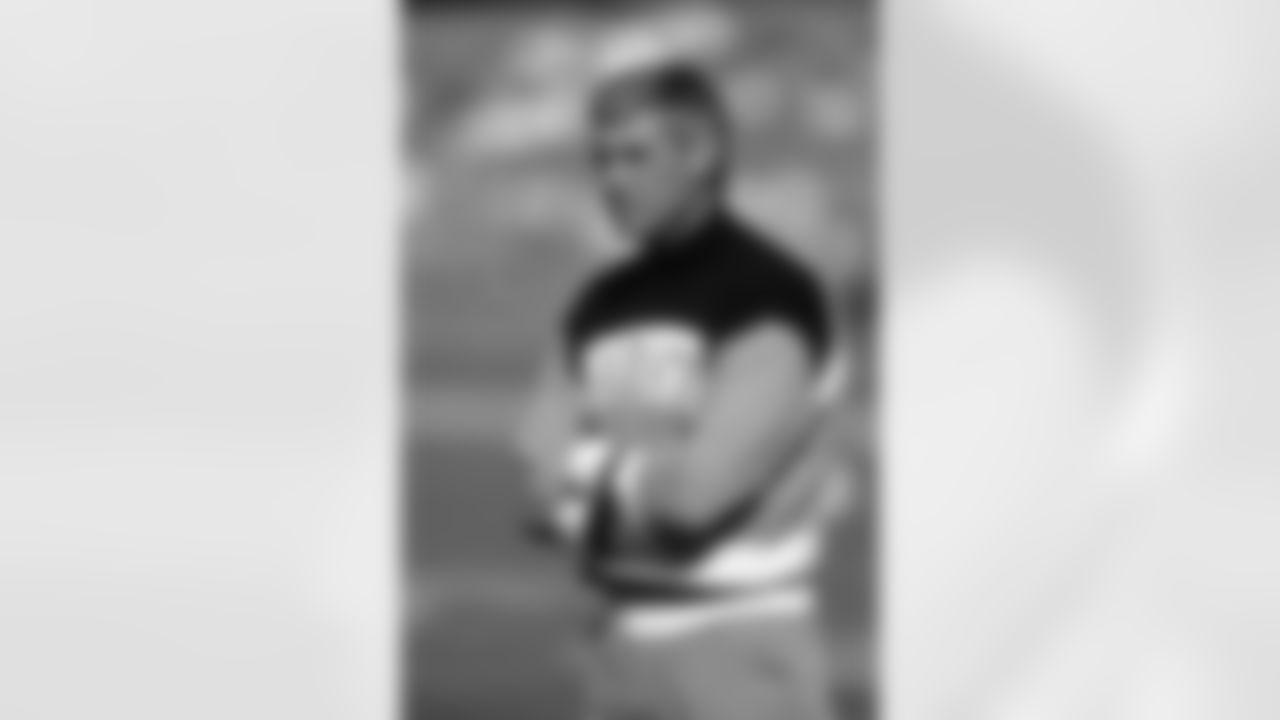
New Orleans Saints head coach jim Mora paces the sidelines during an NFL game against the San Francisco 49ers on Sunday, Dec. 1, 1991, in San Francisco. The 49ers won the game, 38-24. (AP Photo/Greg Trott)
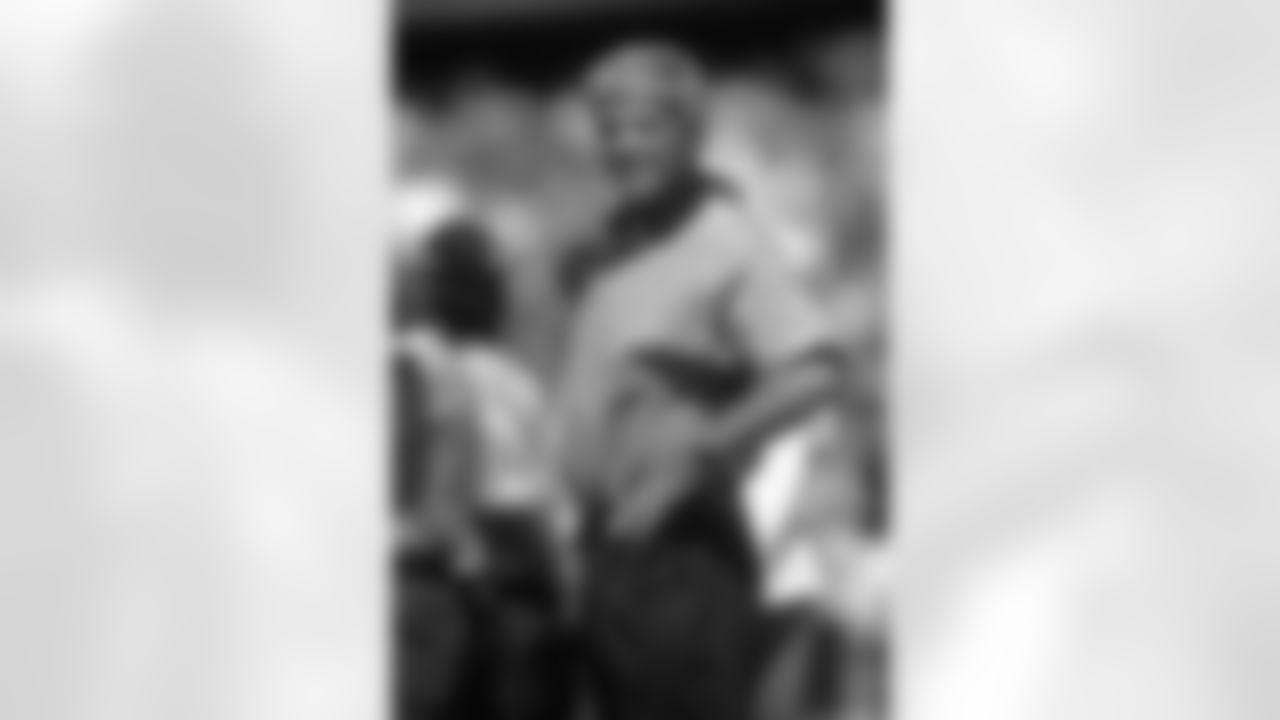
New Orleans Saints head coach Jim Mora watches from the sidelines during an NFL football game against the San Francisco 49ers on Sunday, Sept. 1, 1996, in San Francisco. The 49ers won the game, 27-11. (AP Photo/Greg Trott)
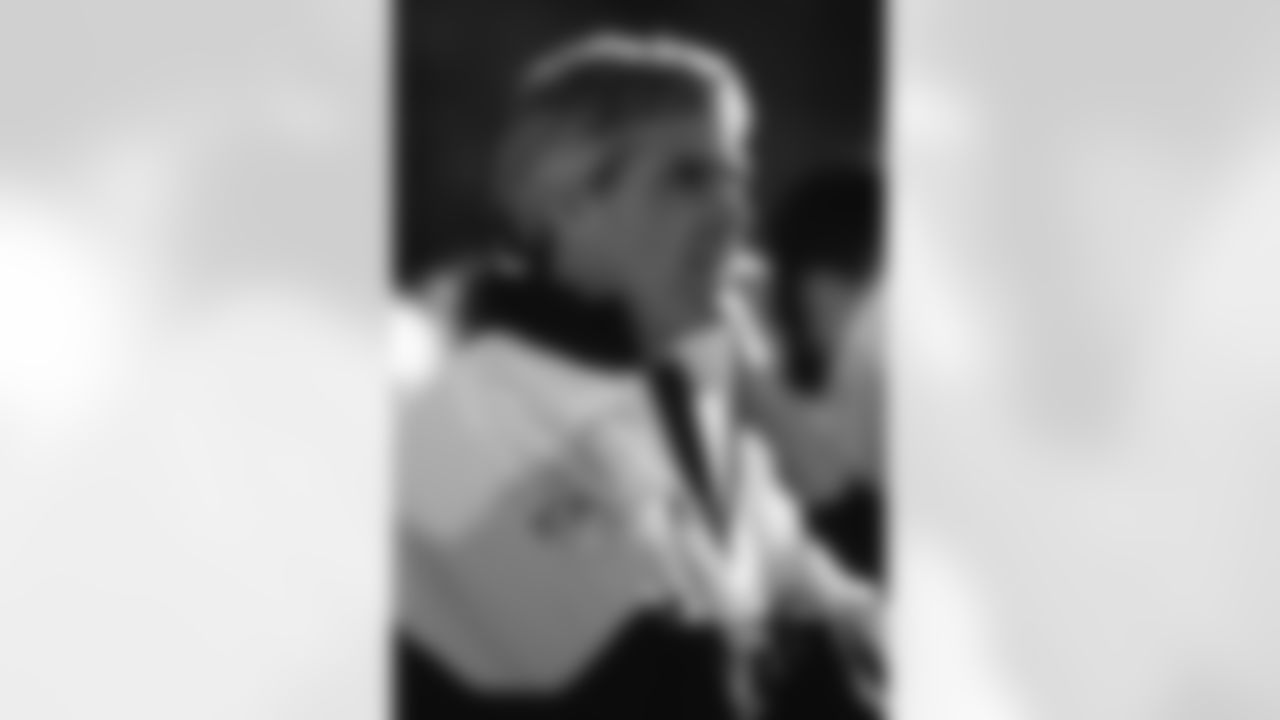
New Orleans Saints head coach JIm Mora during game from his 1992 season. JIm Mora coached for 16 season with 2 different teams and was an 7-time Pro Bowler.
(David Durochik via AP)
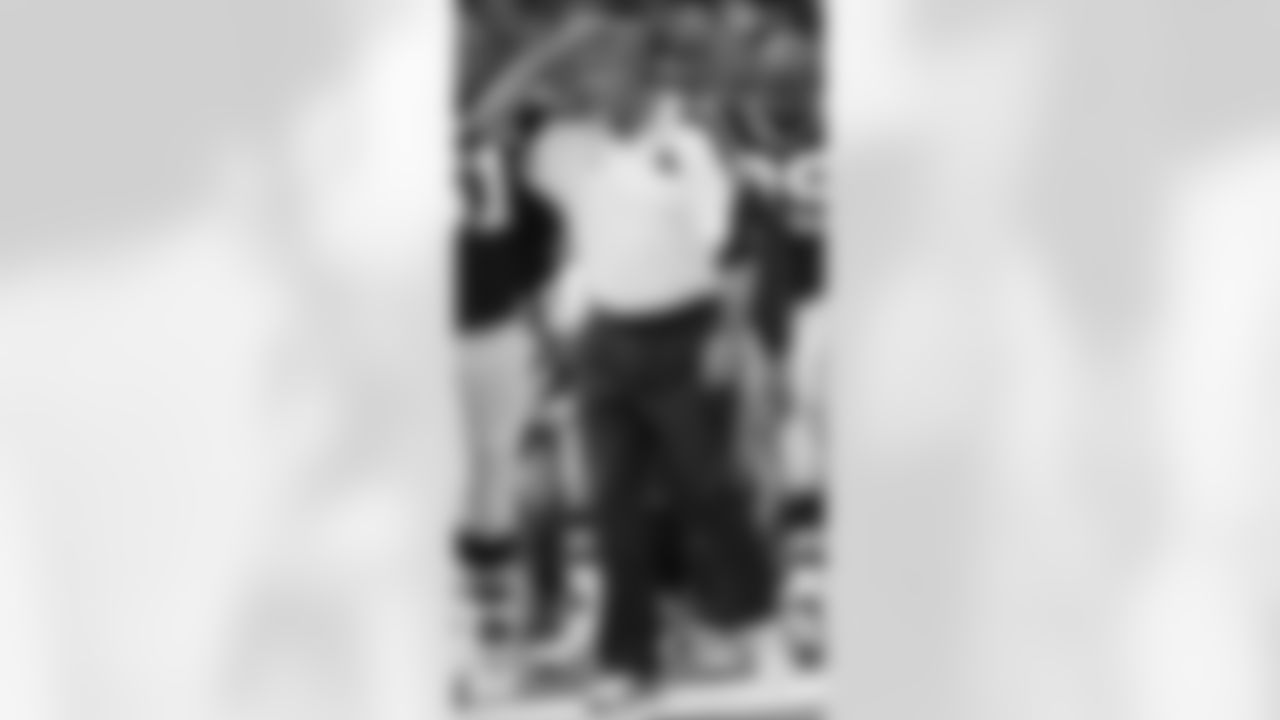
New Orleans Saints head coach Jim Mora paces the sidelines at the end of the first half during a game against the Green Bay Packers at the Louisiana Superdome Saturday December 16, 1995. The Packers won 34-23. (AP Photo/Bill Haber)
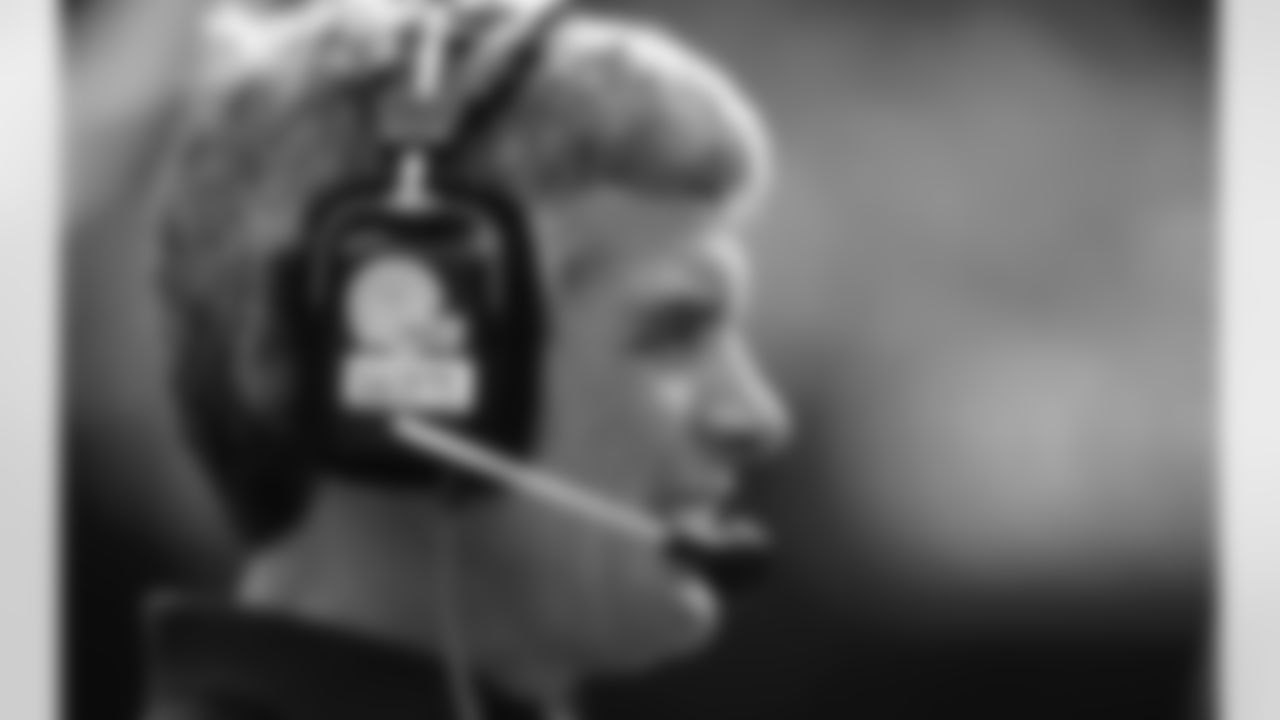
New Orleans Saints head coach Jim Mora watches from the sideline during an NFL game against the Los Angeles Rams in Anaheim on October 22, 1989. The Saints defeated the Rams 40-21. (Paul Spinelli via AP)
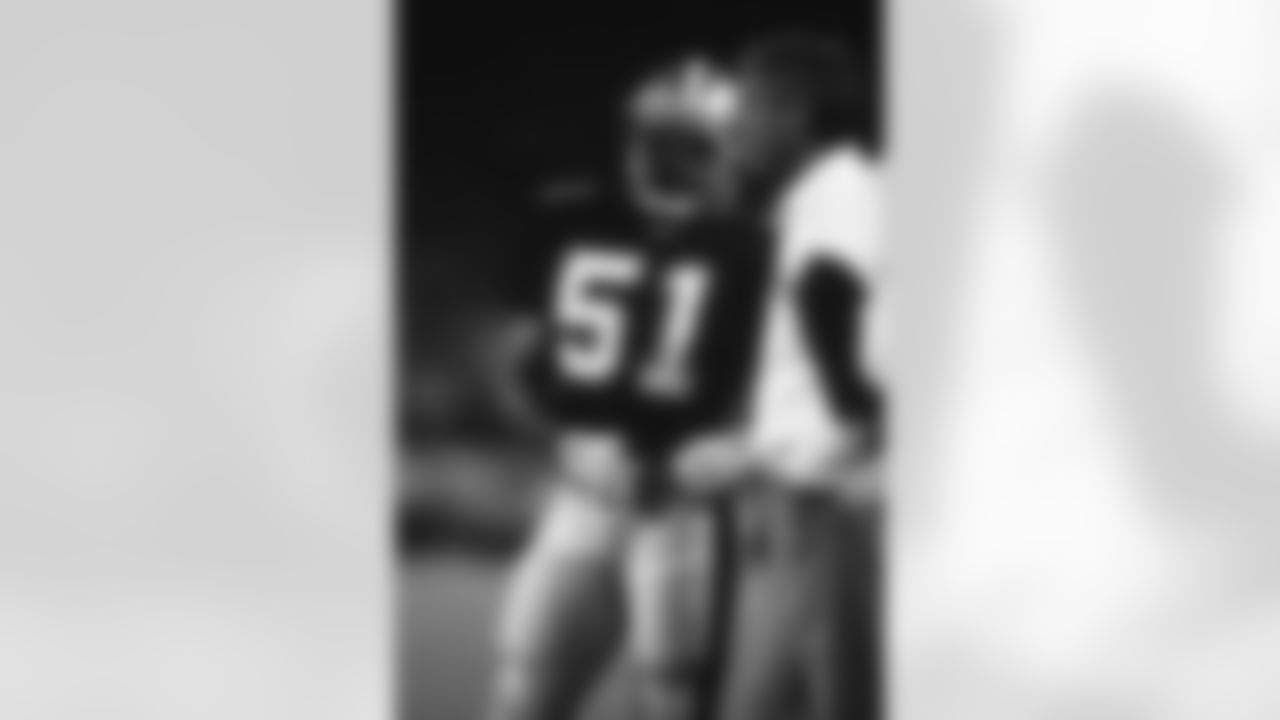
New Orleans Saints linebacker Sam Mills (51) talks to head coach Jim Mora during a 27-24 loss to the Washington Redskins on November 6, 1988, at RFK Stadium in Washington, D.C. (AP Photo/NFL Photos)

New Orleans Saints head coach Jim Mora watches from the sideline during an NFL game against the Los Angeles Rams in Anaheim on October 3, 1993. The Saints defeated the Rams 37-6. (AP Photo/Kevin Terrell)
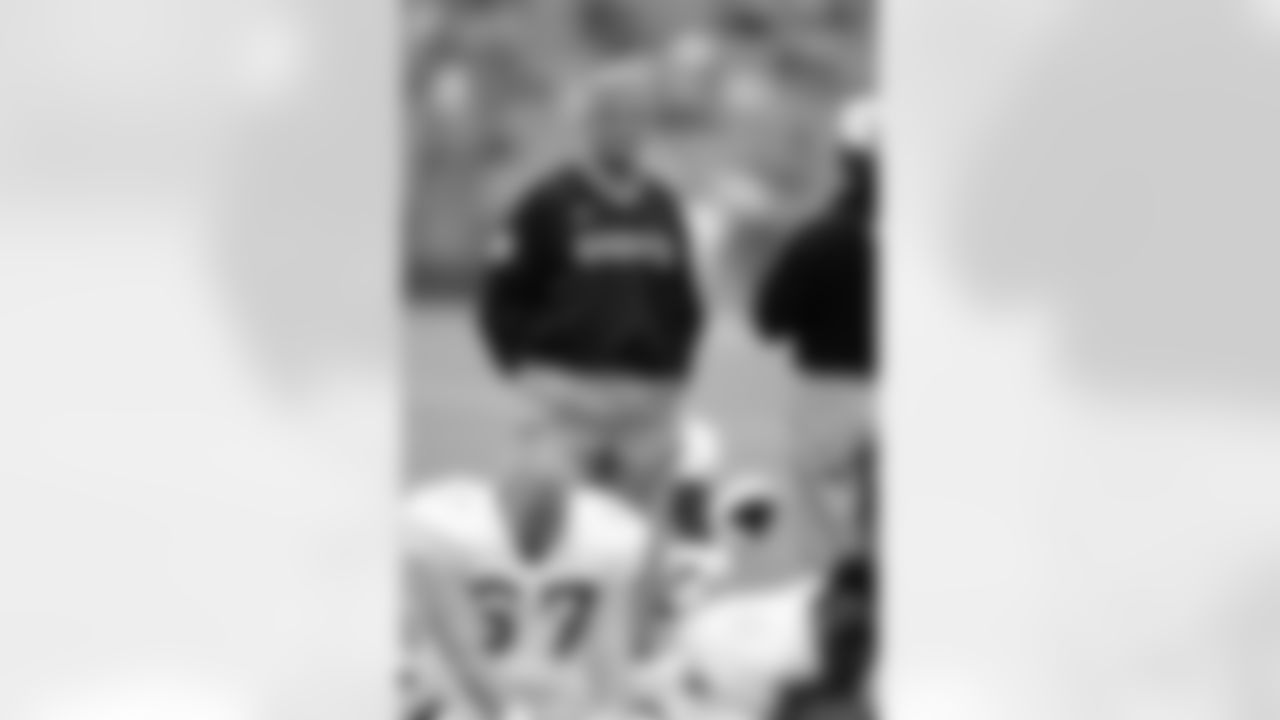
New Orleans Saints head coach Jim Mora watches pregame warm-ups before an NFL game against the San Francisco 49ers in San Francisco on October 29, 1995. The Saints defeated the 49ers 11-7. (AP Photo/Kevin Terrell)
Mora slowed down long enough to have a question and answer session with senior writer John DeShazier.
JD: When you got hired, knowing the Saints' history, did you feel like you could turn that team into a successful team?
Mora: When I took the job – well, first of all, I'd interviewed with three teams. This was after the USFL was done and we'd had some success there. It was the end of the '85 season, and I'd interviewed with the Eagles, I'd interviewed with what was then the St. Louis Cardinals, and I'd been offered the job by St. Louis. And I think I could've had the Eagles job – I wasn't sure, they didn't come out and officially offer me the job. But I didn't want either job, there was something about both of them that discouraged me. And when I had a chance to meet Jim Finks for the first time, it was sometime probably in December, we met in Philadelphia in the airport. And he had just been hired as the GM and president. I walked out of that meeting and I wanted to be the head coach of the New Orleans Saints. There was no question in my mind that I wanted it. One of the reasons I wanted it was I had a lot of respect for Jim. I'd met Tom Benson before and I had a lot of respect for him, and it's so important as a head coach to feel that way about your owner and your president and GM. And I really wanted that job, but he hadn't offered it to me. He told me they needed to interview a few more guys. And the Super Bowl was going to be in New Orleans that year in January, and he said, 'I've got to wait for that, I've got to interview some more guys,' and that kind of stuff. But he sounded interested. It wasn't like he wasn't interested, I could feel some interest there. But I wanted it bad. And then when he called me and told me they had decided to hire me I was extremely excited. And one of the things that I liked about that job was that they had not had success for a long time. And I felt like – and I'd done some research into the team, the players – I felt like if we could go in there and win, that it would be big for the city, big for the organization. It would be something you'd be proud of, that I would be proud of. I think it's better to follow a situation where they have not been successful, but had a chance to be successful, and I think that's the important thing. Any time a new head coach is hired, it's (usually) because the team has been unsuccessful. But some teams have a chance to be successful, with the right people, and others don't have as good a chance. And I felt like we had the right people. I've always felt like the right owner is important and the right president and GM is important. If you get along with them and agree with what they do, and they agree with you, then you've got a chance. And I also felt like there was a good nucleus – which there was, I found this out once I got the job – a good nucleus of players on the team, veteran players, that, hey, let's go in there and let's win. There was more of a challenge there than the other teams that I had talked to. That was a big thing for me, the fact that they had not been successful for a long time and that we could go in there and make a difference and be successful. And I also was impressed by the enthusiasm of the fans of the Saints. And that's always been the case. And I felt like if we could go in there and make something happen and win some games and have a successful season, it would be great for the fans and we would have accomplished something big. That was kind of my feeling.
JD: What were the conversations with Mr. Benson and Mr. Finks? Were they along the lines of, we'll let you coach and we'll take care of all the outside distractions, or you'll have input on this and this?
Mora: I didn't have conversations with Tom Benson (about the job). And the only conversation I had with Jim Finks was that day in Philadelphia. I was living outside of Philly because I'd been there for three years with the USFL Philadelphia Stars. We met in the Philadelphia airport, Jim and I, for about two or three hours, and I just walked into that meeting, I felt comfortable with him. We didn't talk a lot of Xs and Os and things like that. We talked about philosophy, about getting along and things like that. More of, just a couple of guys talking, friends or something. And I walked out of there, and I said, 'This is the kind of guy I want to work for.' I can't remember the details of it, I just know that with Jim, it wasn't like, 'What kind of offense do you want to run? What kind of defense?' That kind of stuff. It was more of a general philosophy of coaching and what it takes to be successful, and that's what impressed me about him. He was a special guy.
JD: And direct, too.
Mora: Very direct. And that was good. I walked out of that meeting, boy, I wanted the job. I really did. I wanted to work for him and Tom Benson.
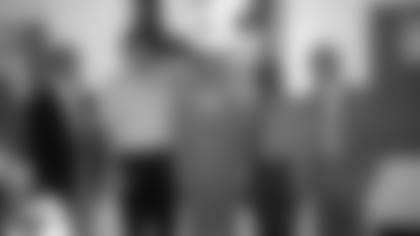
JD: Did you know much about the city of New Orleans?
Mora: Maybe when I was in college coaching, they had an NCAA coaches' convention in New Orleans. And I was down there for about three or four days. I didn't get a chance really to see the city as it really is, and the surrounding area and the downtown. I wasn't able to soak it all in.
JD: What was it like to win in New Orleans, because you were basically the first coach to do that?
Mora: It was awesome. It was awesome, because those people were so hungry and they're such great fans. They love that team and they support that team, and they hadn't had a chance to root for them with the team having some success. I'll never forget, that second year, 1987, when we got on a streak and we were going to have a winning season, we'd come home from an away game and we'd get off the plane, going to our cars at the airport, there were people lined along the streets. Great fans there. Awesome fans there. That makes it fun. And I remember after we beat Pittsburgh – if we win that game, we're guaranteed a winning season – and we went to Pittsburgh and won the game, and that was a big thing. That's one of the highlights of my career there. And then the enthusiasm and the crowds that were at the airport and along the streets driving out of the airport after that game were amazing.
JD: Do you have a sense of your place in Saints history, the foundation and expectation that you laid for success?
Mora: I don't want to take that kind of credit. Let me tell you this: They had a nucleus of players, and this is where we were fortunate, we had a nucleus of players that were in their third, fourth, fifth year in the National Football League. So it wasn't like we were coming in and they had a bunch of losers there. They didn't. We inherited a lot of talent there, and then we had some really good drafts quickly. And you we got some help out of the USFL – (linebacker) Sam Mills, (linebacker) Vaughan Johnson, (safety) Antonio Gibson. People like that, along with the draft picks and the group that we already had there, we had a good football team. There's no question about it, I saw that pretty quickly. As a head coach, I fell into a great situation. I had great ownership support, I had great general manager support from Benson and Finks. I brought my whole coaching staff with me – some of them are still coaching in the league – I was very fortunate to be able to bring those guys from the USFL. And we had some success. It worked out good.
